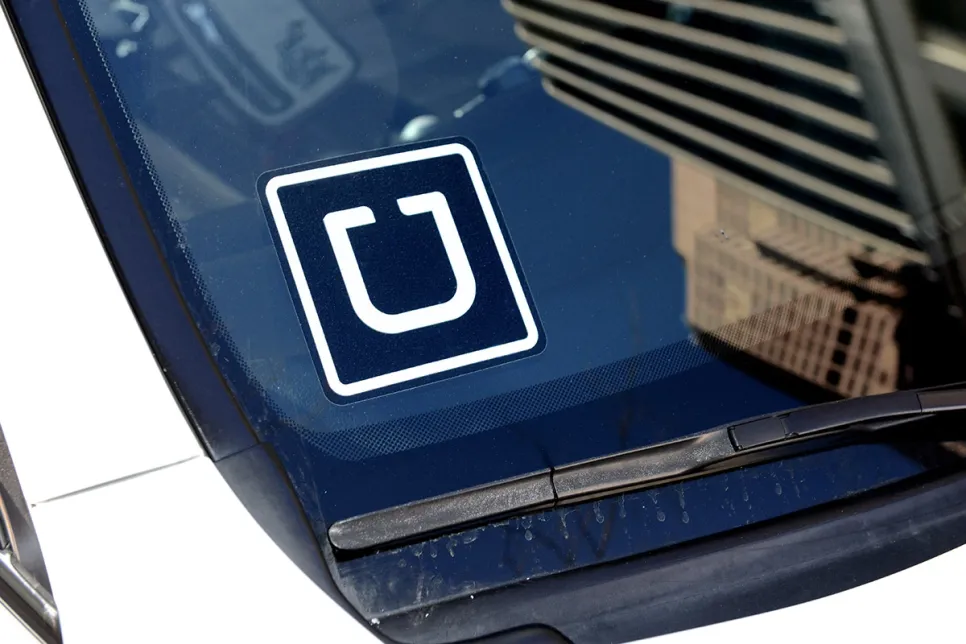Telefonica Tech Reports Strong IoT Gains in Spain
New hazard warning equipment in Spain has boosted Telefonica Tech’s overall IoT connection numbers in the opening 11 months of the year.

New York City’s Taxi and Limousine Commission voted to set a minimum wage for Uber and Lyft drivers, according to Bloomberg. It is the first time a government in the U.S. has imposed wage rules on ride-hailing companies.
Under the new rules, which go into effect in January, companies are required to pay drivers $26.51 an hour in gross pay, or $17.22 after expenses. That’s slightly higher than the $15 minimum wage that the city requires all employers to adhere to by the end of next year, but is considered equivalent because drivers are independent contractors. About 85 percent of ride-hailing drivers currently make less than the minimum, according to an independent analysis commissioned by the TLC. For those drivers, the new wages will amount to an average annual pay raise of more than $6,300.
Both Uber and Lyft have said they're in favor of a living wage for drivers, but opposed the TLC’s rules. The companies argued that determining a minimum wage in each ride, rather than over the course of a week, neglected to account for bonuses and other incentives it offers to drivers. An Uber spokeswoman predicted the TLC’s actions would result in higher fares and patchier service outside of Manhattan. “These rules would be a step backward for New Yorkers, and we urge the TLC to reconsider them,“ said a spokesman for Lyft.
According to a report published in July by James Parrott and Michael Reich for the TLC, the new wage requirements will create an incentive for companies to increase the number of trips that each driver takes per hour. If they do, this would lead to longer waiting times. It would also mean fewer cars circling the streets without riders, which could help alleviate congestion. Parrott and Reich predicted the impact on both wait times and congestion would be minor.